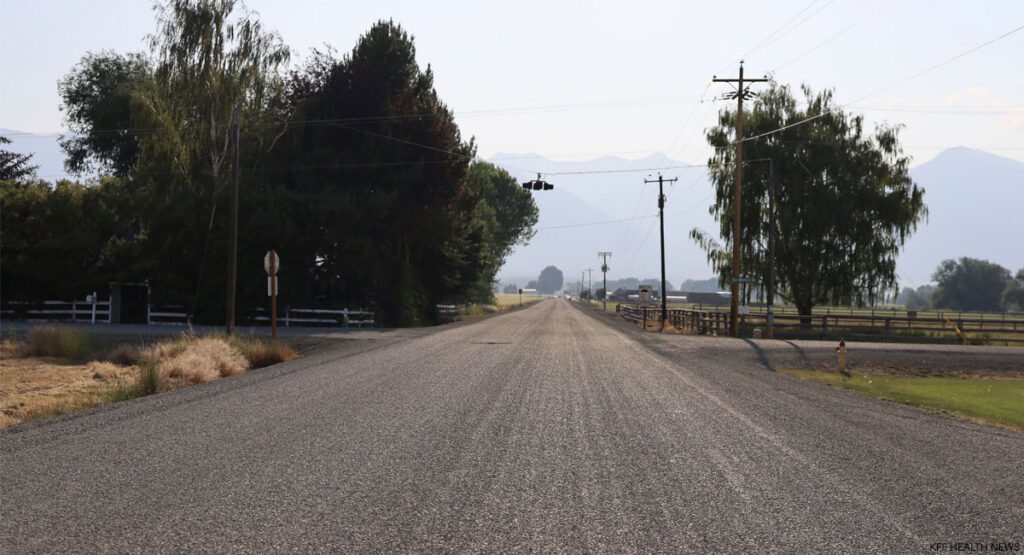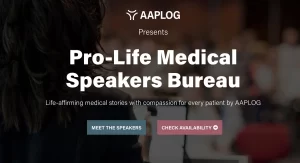A recent article from KFF Health News profiles Baker City, Oregon, a rural town whose residents find the lack of maternity care to be a more pressing issue than abortion access. The town’s hospital maternity ward closed in 2023, forcing pregnant residents to travel long distances to obtain obstetric care. One resident reported needing to drive 45 minutes through a mountain pass to reach the nearest hospital with an obstetrician on staff, but when she developed symptoms of preeclampsia, she opted instead to drive two hours to a more equipped hospital in Boise, Idaho, where she gave birth. Considering this impactful dearth of quality care, residents have expressed frustration at state lawmakers’ fixation on promoting abortion in rural areas and not obstetric care. In pro-abortion Oregon, where there are no gestational age limits on induced abortion, state lawmakers proposed a policy to place mobile reproductive health clinics in rural areas. These clinics would provide abortions – not prenatal care. One Baker County Health Care Steering Committee member stated, “I think if you expanded rural access in this community to abortions before you extended access to maternal health care, you would have an uprising on your hands.” The director of the Baker County Health Department said she “would rank many health care priorities higher, including the need for a general surgeon, an ICU, and a dialysis clinic”
This article highlights some important insights that run counter to pro-abortion narratives. First, this rural community recognizes the difference between induced abortion and essential healthcare and wishes to prioritize the latter over the former. Defying the narrative that induced abortion is essential healthcare, Baker City residents reject this practice in their community:
Conversations with a liberal school board member, a moderate owner of a timber company, members of Baker City’s Republican Party chapter, a local doula, several pregnant women, and the director of the Baker County Health Department — many of whom were not rigidly opposed to abortion — all turned up the same answer: No mobile clinics offering abortions here, please.
Also, the article notes that rural maternity wards have been closing for a decade, contradicting the talking point that post-Dobbs pro-life laws are the reason they are closing.
Finally, it is notable that the woman highlighted in the article went to Idaho (a state with robust prolife protections) from Oregon for management of her high-risk pregnancy. Since Idaho passed its pro-life law, there has been a lot of noise in the media claiming that women cannot receive the emergency obstetric care there that they need because of Idaho’s abortion law. This is a real-world example of why that’s not true as well as how physicians in pro-life states can continue to provide excellent care to their patients.
It’s clear that induced abortion is not a substitute for real life-affirming care – and when push comes to shove, most Americans as well as medical professionals recognize that. AAPLOG has been working and will continue to work tirelessly to promote life-affirming healthcare for all our patients. With our new advocacy arm, AAPLOG Action, we will be working with policy makers this year on innovative policy approaches that will advance access to healthcare for our patients as well as supports that many women desperately need. If you have seen things in your own practice that would improve care for women and their children that you would like to see in policy in your state or federally, please reach out to Rebecca Weaver, our Director of Advocacy and Policy, at director@aaplogaction.org.






